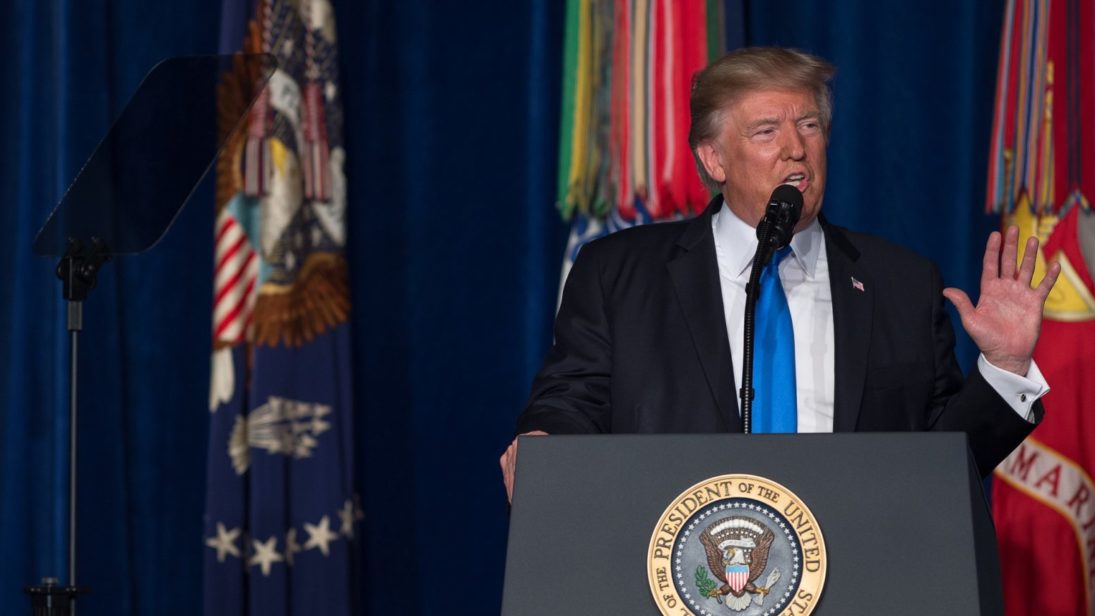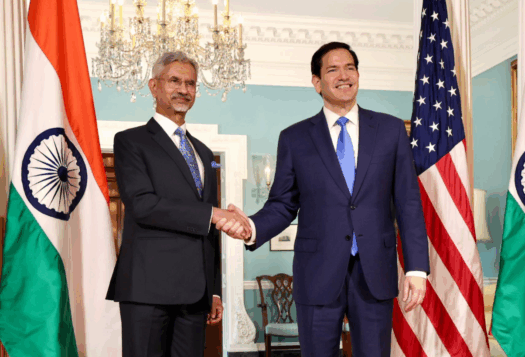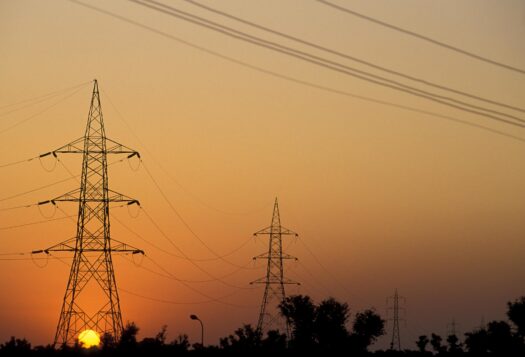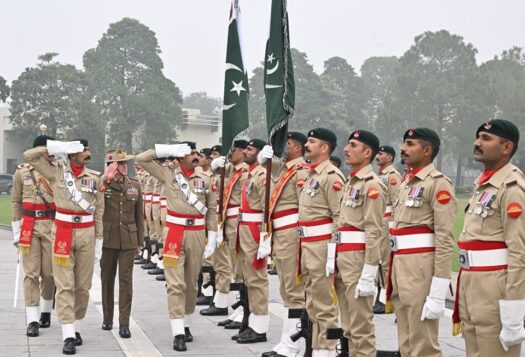
Why the Breakdown in United States-Pakistan Ties Won’t Last
By: Muhammad Faisal
To the observers of the United States-Pakistan relationship, what has transpired over the past few days was inevitable. A breakdown in bilateral ties has been on the cards since the announcement of the United States’ new South Asia strategy by President Trump in August 2017. His tweet on New Year’s Day only sparked a fresh round of acrimony in an already tenuous relationship, transforming accusations of “lies and deceit” into a confrontation between the two nations. In an escalatory move, the Trump administration suspended all security-related aid to Pakistan, including reimbursements from the Coalition Support Fund (CSF) of 2016. Pakistan, in response, reacted with restraint, expressing regret that the United States’ “incomprehensible” allegations undermined the trust between the two countries. However, due to the transactional nature of bilateral ties, the relationship was already bereft of trust.
Strategic disconnect between Islamabad and Washington has gradually increased throughout the past few years. There seems to be a bipartisan consensus in Washington that Pakistan’s national security interests are at odds with U.S. goals in Afghanistan. Meanwhile, Islamabad perceives U.S. policy in Afghanistan and South Asia to be detrimental to its national security interests. Due to this divergence of interests, their strategies to pursue their respective national security interests were bound to clash. And clash they did, first in the Obama era and now again in Trump’s. The only difference now is the unpredictability of the president.
Policymakers in Washington and Islamabad are dealing with a challenge of geography: Islamabad cannot completely disengage with Washington because currently, it is a neighbor due to its military presence in Afghanistan. Meanwhile, Washington relies on Pakistan’s ground routes and air corridor for logistics supply to U.S. forces in Afghanistan. One alternative is Iran, which is a no-go territory for the Trump administration, while the other is Russia, with which Washington is engaged in strategic competition.
We have already seen this cycle play out in 2011, when the United States raided Osama Bin Laden’s compound in Abbottabad, Pakistan. However, by the end of 2012, the realities of geography and dependency had forced both sides to resume engagement. What will be different this time around? The Trump administration may try the same tactics as Obama, but it will hit the wall of geography. Coercive economic measures and unilateral military actions will not force a change in Pakistan’s strategic calculus. However, a candid conversation between the United States and Pakistan on the future of Afghanistan, including the long-term status of U.S. forces in Afghanistan, might steer the bilateral relationship forward. At the same time, Pakistan too needs to make its concerns on regarding current and long-term U.S. policy in Afghanistan public.
Punishing Pakistan: How Far Will Trump Go?
By: Yaqoob ul Hassan
There have always been periods of convergence and divergence between the United States and Pakistan. Yet, before President Trump’s New Year’s Day tweet accusing Pakistan of “lies and deceit,” the relationship had never reached such a low that leaders would openly discuss ending it. There is little difference in the message Trump conveyed in his first tweet of 2018 and the signals sent by his administration’s predecessors. The United States has previously warned and at times even threatened Islamabad for failing to act against militants that target American and NATO forces in Afghanistan. The only difference now is the method chosen by Trump to deliver this message.
Still, only time will tell how far the Trump administration will go in punishing Pakistan for its support of the Taliban and the Haqqani Network. So far, Trump has refused to release $255 million in military aid and it looks unlikely that what was to come through the Coalition Support Fund (CSF) will be disbursed either. Pakistan’s reaction has been cautious and pragmatic, as it has not yet stopped the communication lines on which the United States and NATO forces operating in Afghanistan are depending. That is the only leverage Pakistan has over the United States—a tool it has successfully used in the past. The alternative routes through Central Asia and Iran are expensive and carry other diplomatic concessions that the Trump administration is unlikely to contemplate. At the same time, Pakistan’s civilian and military leadership has reiterated that they are willing to work with the United States to find a solution to the Afghan conundrum.
There is logic behind Pakistan’s measured and cautious approach. Washington not only grants Islamabad military aid but also exercises influence over the other monetary institutions on which Pakistan’s dwindling economy heavily relies. The Pakistani military would not like to see the relationship recede to the point where it is difficult to acquire military hardware even when using its own purse. Although Pakistan has forged strategic partnerships with China and Russia with an eye towards becoming less reliant on the United States, it will take decades to completely move away from U.S. weapons systems and hardware. Thus, Islamabad is unlikely to use its only card—blocking the land route supply—right now.
If the United States doesn’t see much positive change on the terrorism front, the Trump administration could go to the next level of either declaring Pakistan a state sponsor of terrorism or placing sanctions on military officers who are working with the Taliban and the Haqqani Network. Still, this step would come with its own caveats. The United States would have to search for alternative supply routes for troops stationed in Afghanistan. This could also lead to a hike in terrorist attacks in Afghanistan. Perhaps most importantly, it would mean jettisoning a relationship with and influence over Pakistan, a nuclear state with a militancy problem, which could prove catastrophic for the South Asian region.
***
Editor’s Note: Click here to read these articles in Urdu


